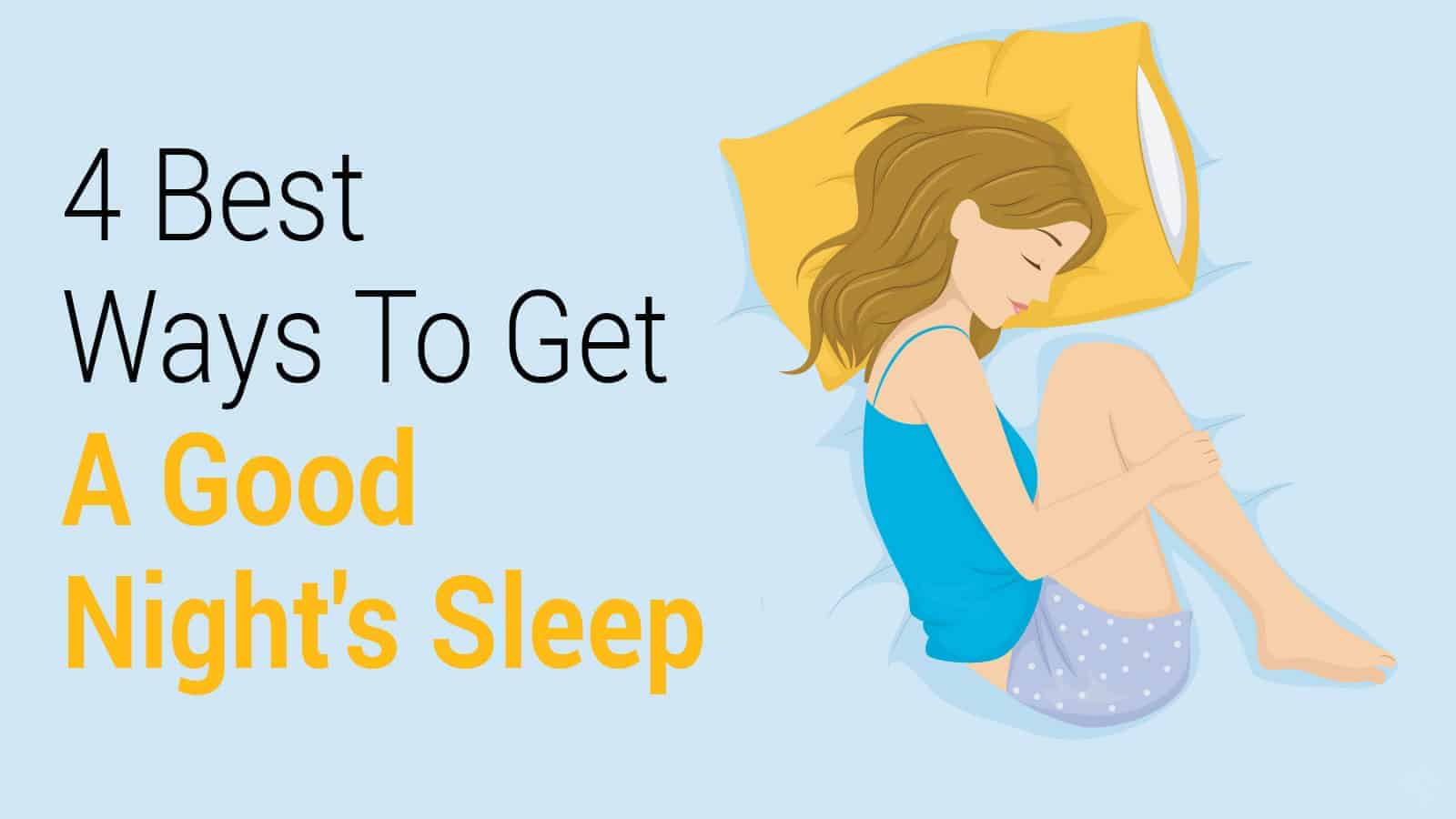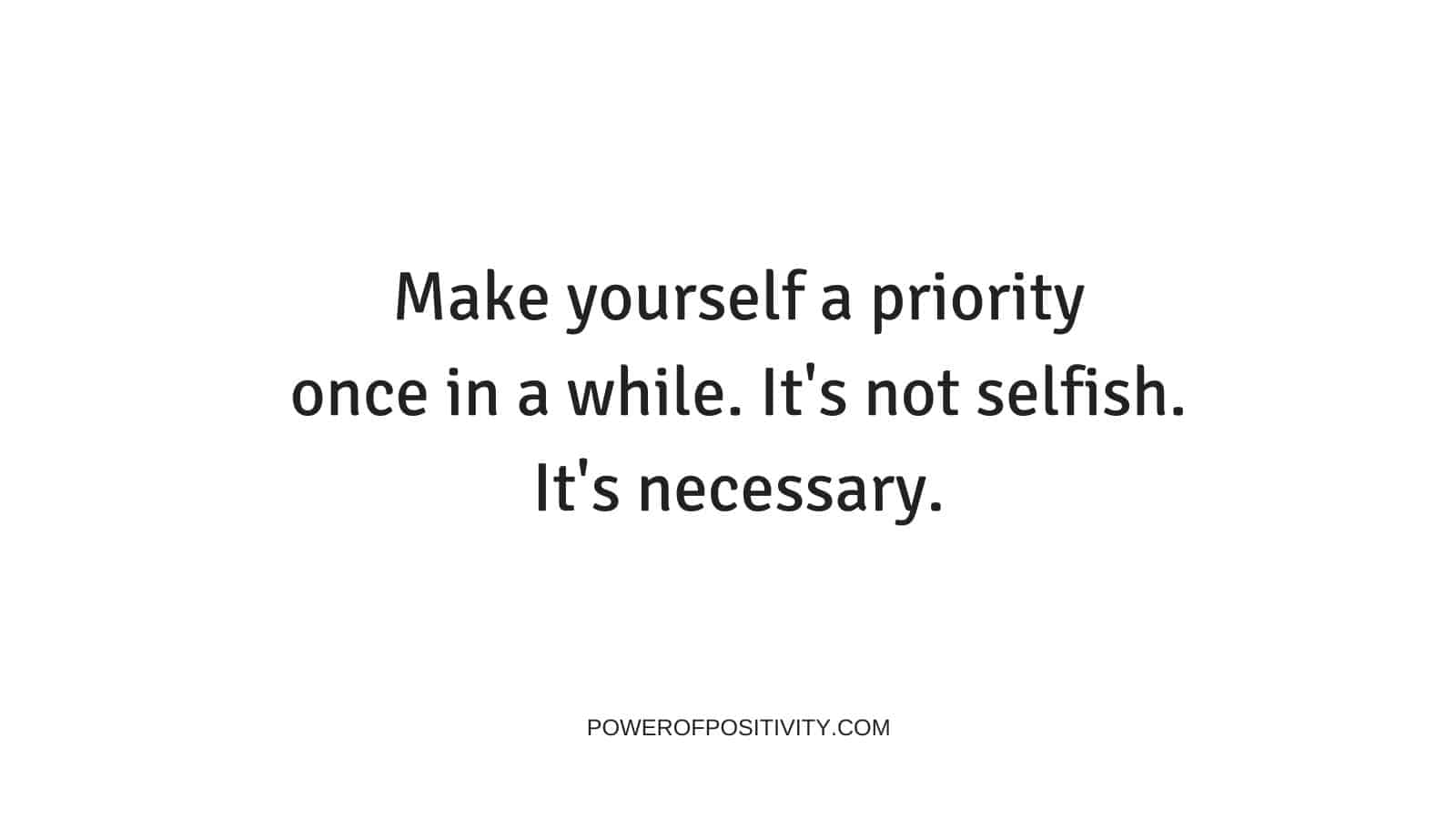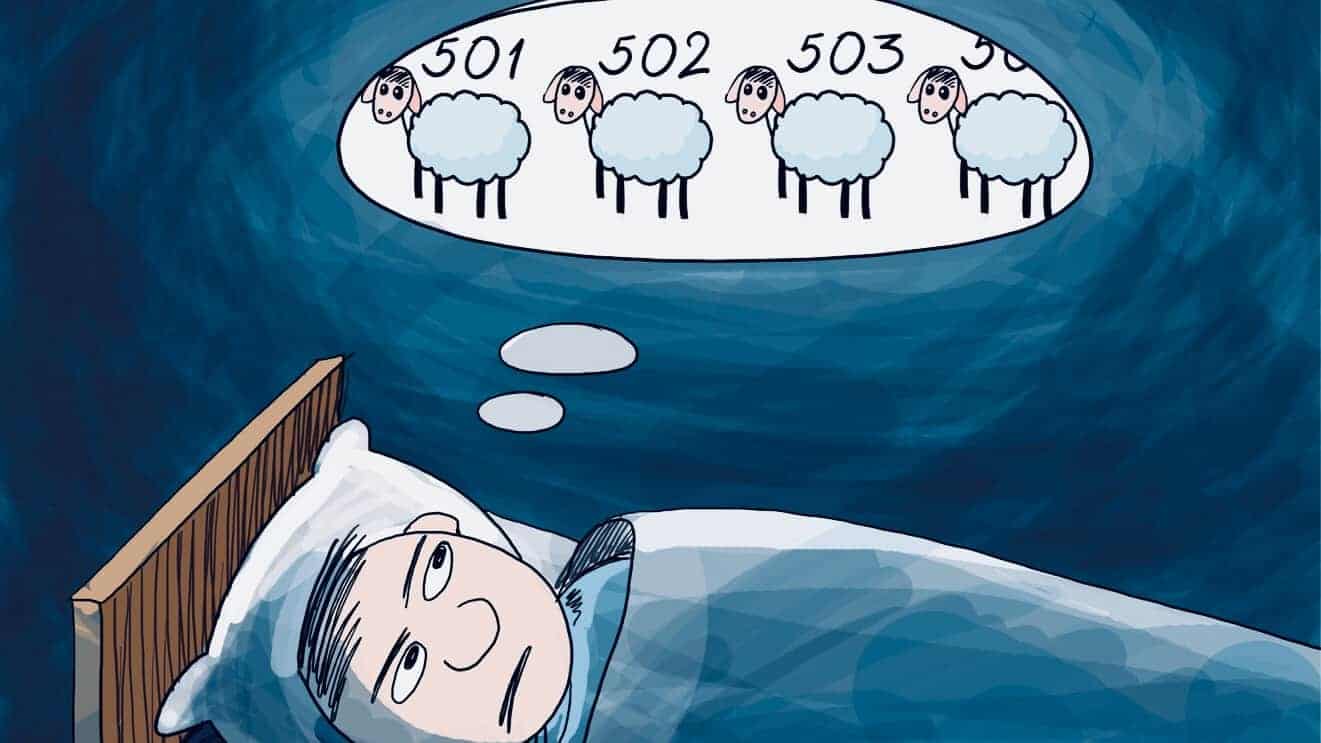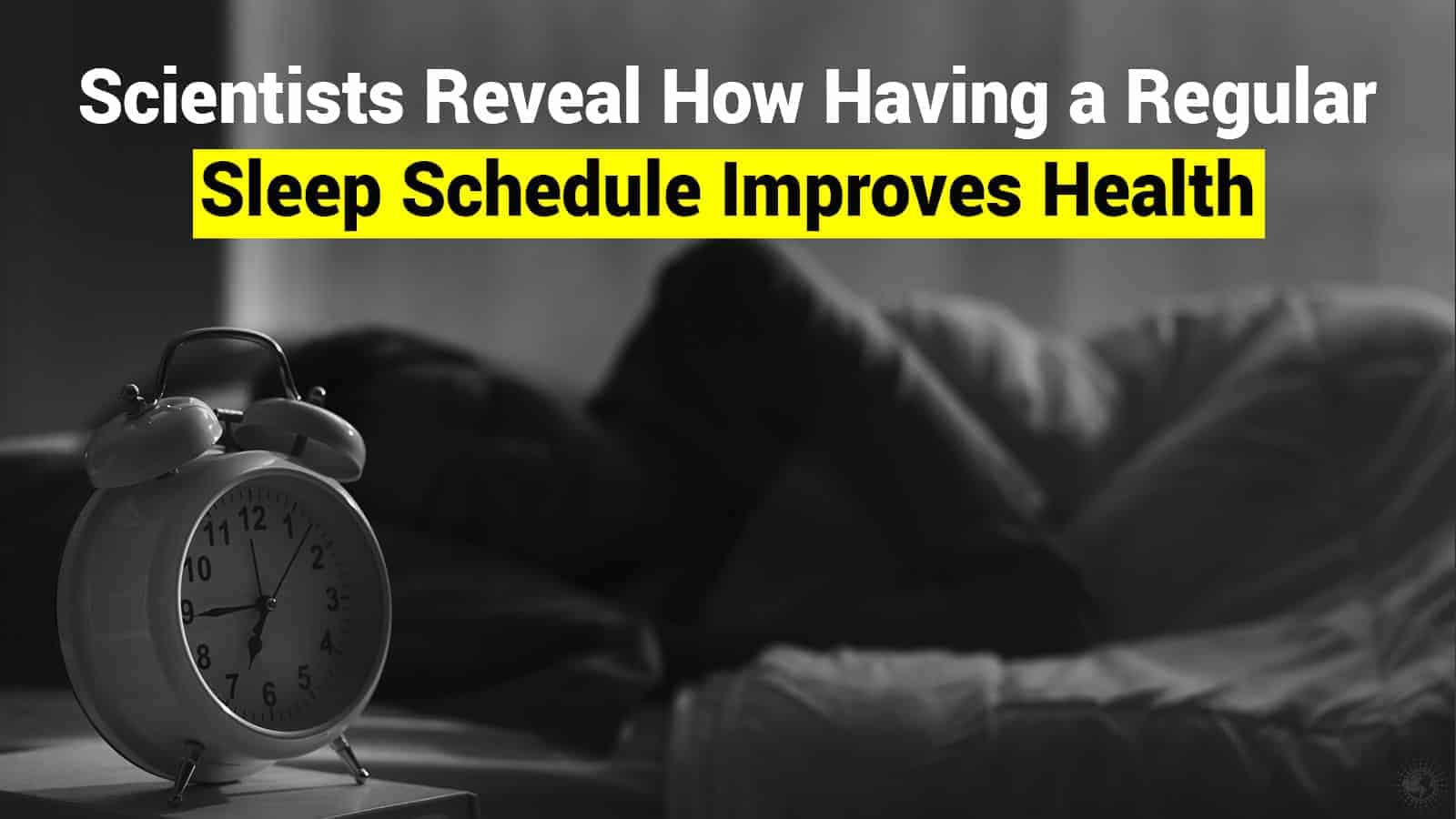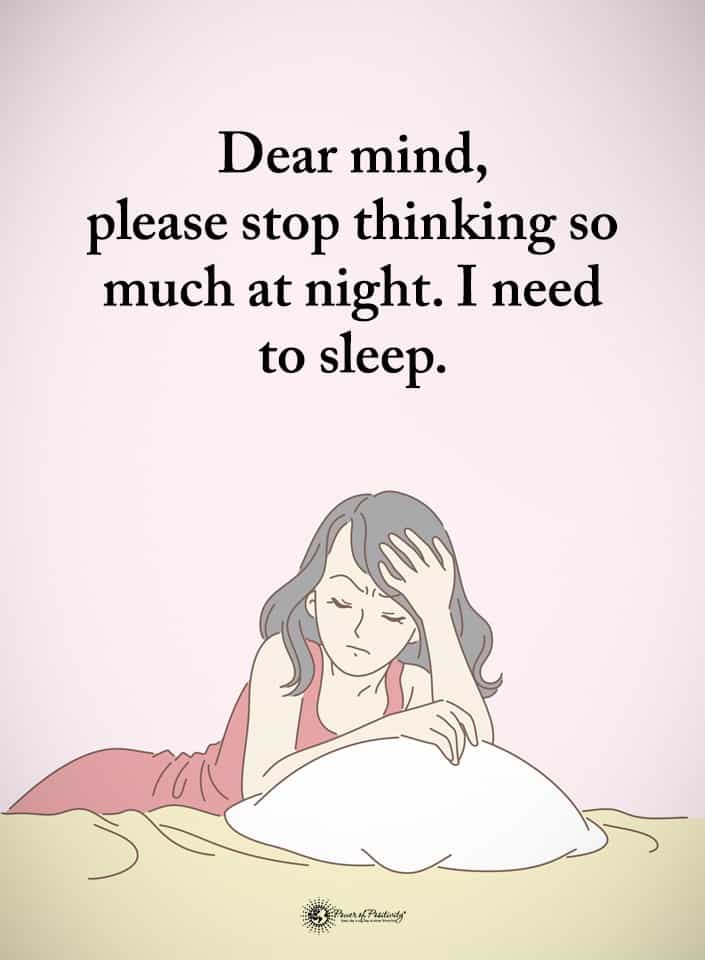You’ve tried to sleep early, wake up at consistent times, and get a decent length of rest. But for some reason, you either have trouble getting into a relaxed mood, or you just wake up feeling tired regardless. You just cannot get a good night’s sleep.
If that sounds familiar, then you’re in luck, because we’re here to help you out! Here are the four best ways to get a good night’s sleep.
1. Make The Bedroom Comfortable
Your bedroom is where you lay your head to rest at the end of the day. If your bedroom isn’t comfortable, getting a good night’s sleep becomes much more difficult. As such, you need to make sure your bedroom is truly cozy. Here’s how:
· Optimize The Environment
There are a lot of things that can affect the way a bedroom is optimized. Multiple factors surrounding a bedroom environment are believed to have negative or positive effects on sleep, ranging from noise, temperature, lighting, and even the arrangement of furniture!
Studies have found that 50% of people are likely to notice a better quality of sleep in low-light, low-noise rooms. Noise from traffic, artificial light from devices, and even the ticking of a clock can all affect your sleep quality.
· Set The Right Temperature
We mentioned briefly that the temperature of a room could dramatically affect how well or poorly you sleep. This means that you need to make sure your room is just right if you want to get a good night’s sleep. It can affect sleep quality even more than noise can. If you need residential hvac services, you may visit sites like https://alohaairmemphis.com/ac-services/repairs/ to learn more.
Looking for a heating and air contractor Greensboro contact Triple A Heating & Cooling. Those who are looking for professionals in Boise, ID to help them install a new ac unit may contact companies like Boise AC Replacement | Home Heating and Air Conditioning.
If you live in a warmer climate, you may consider an air conditioning installation by hiring a T.E. Spall & Son – AC installation expert to help you. You may also visit a site like https://allheatingservices.com/ac-installation/ for more info. You can also purchase an electric fan or some kind that can keep you cool. If you live in a cooler climate, think about turning on the heating at night, or about investing in warmer pajamas and bedding.
However, the main concern you’ll want to focus on is being too warm, as higher body temperature can make you more wakeful and ruin your sleep quality. Try experimenting with setting temperatures until you find one that works best for you. You can contact HVAC professionals to replace your old ac unit in Steiner Ranch, TX and nearby areas if you’re uncomfortable with your current unit.
· Make Sure Your Bedding Is Comfortable
Ever wonder why hotel beds always give you better sleep? It’s a mix of the relaxing atmosphere and the quality of the bedding. Using a new or comfortable mattress can reduce aches and pains while boosting sleep quality.
The exact kind of bedding that you may like best will vary depending on personal preference. Try out firmer and softer mattresses, pillows, and bedsheets and see which ones give you the most relaxing feeling.
2. Watch What You Eat and Drink
What you consume, especially later in the day, tends to affect how you sleep. This is due to how the body processes and digests food – the effects of what you drink or eat are often felt quite a while after you consume them! Here are some areas to be cautious of:
· Caffeine
This is a bit of a no-brainer, but it needs inclusion. Caffeine is a very powerful and beneficial component that can boost energy, focus, and even overall performance in sports and daily life. It’s pretty good to consume in the day, especially if you’re feeling very sleepy in the morning or early afternoon.
But late consumption of caffeine, even as far back as 6 hours before bedtime, can significantly worsen the quality of sleep. This is because caffeine is capable of remaining elevated and influential within the bloodstream for even up to 8 hours. Those who are caffeine-sensitive may want to stop consuming any caffeine after noontime.
If you do need some coffee in the evening, try something decaffeinated and see how it affects you. If it doesn’t seem to ruin your sleep quality but still helps you stay alert, that’s a good compromise.
· Alcohol
Alcoholic beverages are known for increasing feelings of sleepiness, but they also shorten your deep sleep phase, resulting in worse overall sleep. On top of that, excess alcohol consumption can affect your body’s hormones and increase sleep problems like disruption, snoring, and even sleep apnea.
If that wasn’t enough, alcohol changes the way your body produces melatonin, which means your circadian rhythm is negatively affected. The human growth hormone production rate is also decreased, which affects many bodily functions both at night and during waking hours.
· Eating Too Late
Just like alcohol consumption, late-night eating can change the way the body produces growth hormones and melatonin. The contents of that meal further exacerbate this. For example, high-carb meals taken 4 hours before turning in for the day can improve sleepiness. (However, it’s worth noting that low-carb diets typically promote better overall sleep quality.)
· Drinking Too Much Before Bed
When you drink right before sleeping, especially if you’re drinking a lot, you may have to deal with nocturia. Nocturnia is the technical term for frequent nighttime urination, often causing you to have to wake up and go to the bathroom several times a night.
This repeated process of waking and sleeping can affect the restfulness of sleep and make you feel more tired the next day. Even just drinking a couple of glasses of water before bed can cause this to happen, so try not to drink too much in the hour before sleeping.
3. Manage Light Exposure
Light is crucial in regulating your circadian rhythm since your brain uses light exposure as a way to gauge the time of day and produce hormones accordingly properly. This means that you have to manage light exposure in such a way that supports your circadian rhythm.
· Up Daytime Bright Light Exposure
During the day, turn on the lights and stay in bright areas. This helps your brain to get into positive thinking mode, boosting your wakefulness. If you can, spending time out in the sun can help, even more, so draw the curtains and let some sunshine in!
Studies have found that those who experience insomnia often benefit from bright light exposure during the daytime to the point of falling asleep 83% faster. It can also increase sleep duration by 2 hours at a time.
· Reduce Nighttime Bright Light Exposure
Since exposure to light during the day helps to keep you awake, it makes sense that nighttime bright light exposure has the opposite effect. The brain needs dim light to begin producing enough melatonin to get you sleepy. Without sufficient melatonin, you may not be able to enter a relaxed state.
Keep in mind that bright light doesn’t just come from the sun or artificial lights in your ceiling and lamps by your bed. They come from your phone, TV, laptop, and even digital clocks. Even using blue light filters doesn’t necessarily help.
· Put Down Devices
Two hours before bedtime, turn off the TV, put down your phone, and focus on something relaxing – like reading a book, listening to soothing music, or doing some self-care. This will reduce the bright light that you expose yourself to.
4. Try Supplements
When all else fails, sometimes your best option is to opt for supplements that can potentially help you get some sleep. Do note that you should always consult a doctor before starting any supplements, especially if you have pre-existing conditions, and you should never mix them – try one at a time until you find one that works. Here are some to consider:
· Melatonin
We’ve talked about melatonin a lot in this article, and for a good reason. It’s the primary sleep hormone that signals your body and mind that it’s time to turn in and snooze. These supplements are very common among those with sleep troubles, and they encourage faster sleeping.
Studies have found that just 2mg of the hormone taken before bed can boost the quality of sleep and help with energy levels the following day. There are also typically no withdrawal symptoms that happen when you stop. A low dose is usually recommended to begin with, and the dose is taken half an hour to an hour before bedtime.
· Magnesium
Magnesium is a mineral that is crucial for a large number of bodily functions. More than 600 bodily reactions depend on it! This includes things such as sleep quality, relaxation, and general decreases in stress that help with positive thinking.
· Glycine
This amino acid, in low doses of around 3 mg, may be capable of improving sleep quality and allowing for a more positive night’s sleep. Studies have shown some favorable results, but much more research is needed before concrete conclusions.
· Lavender
This herb is known for having a wide range of benefits to the health, and it’s quite a powerful little plant. Specifically, it is capable of producing relaxing effects that are almost sedative in nature, allowing for calmer periods of sleep. This is why it’s used as a relaxing scent a lot!
Lavender supplements contain linalool, which is the main component that provides these benefits. A small dose of between 80 and 160 mg usually does the trick.
· Valerian Root
A lot of studies have been performed into this interesting root, and most conclude that it is capable of boosting the quality of sleep and improving the speed at which ones fall asleep. 500 mg is the usual before-bed dose taken.
· Ginkgo Biloba
As you may have guessed by its name, this herb is a traditional one used in older forms of medicine – and for a good reason! It has plenty of benefits, primarily for stress relief, positive thinking, and relaxation.
Unfortunately, there hasn’t been sufficient research into this Gingko Biloba for anything conclusive to be drawn for its sleep benefits, but some people do find it works. A 250 mg dose taken half an hour to an hour prior to sleep time may aid your winding down process.
· L-theanine
This is another amino acid, usually taken in 100 mg to 200 mg doses, to boost feelings of serenity and relaxation. Taking it before bed has been found to help the process of falling asleep.
Final Thoughts On Some Ways To Get A Good Night’s Sleep
Getting a good night’s sleep is about more than lying down at the right time and hoping for the best. Consider your environment, the noise levels, your light exposure, and what you eat and drink, because they could all be determining whether you get good sleep or not!

